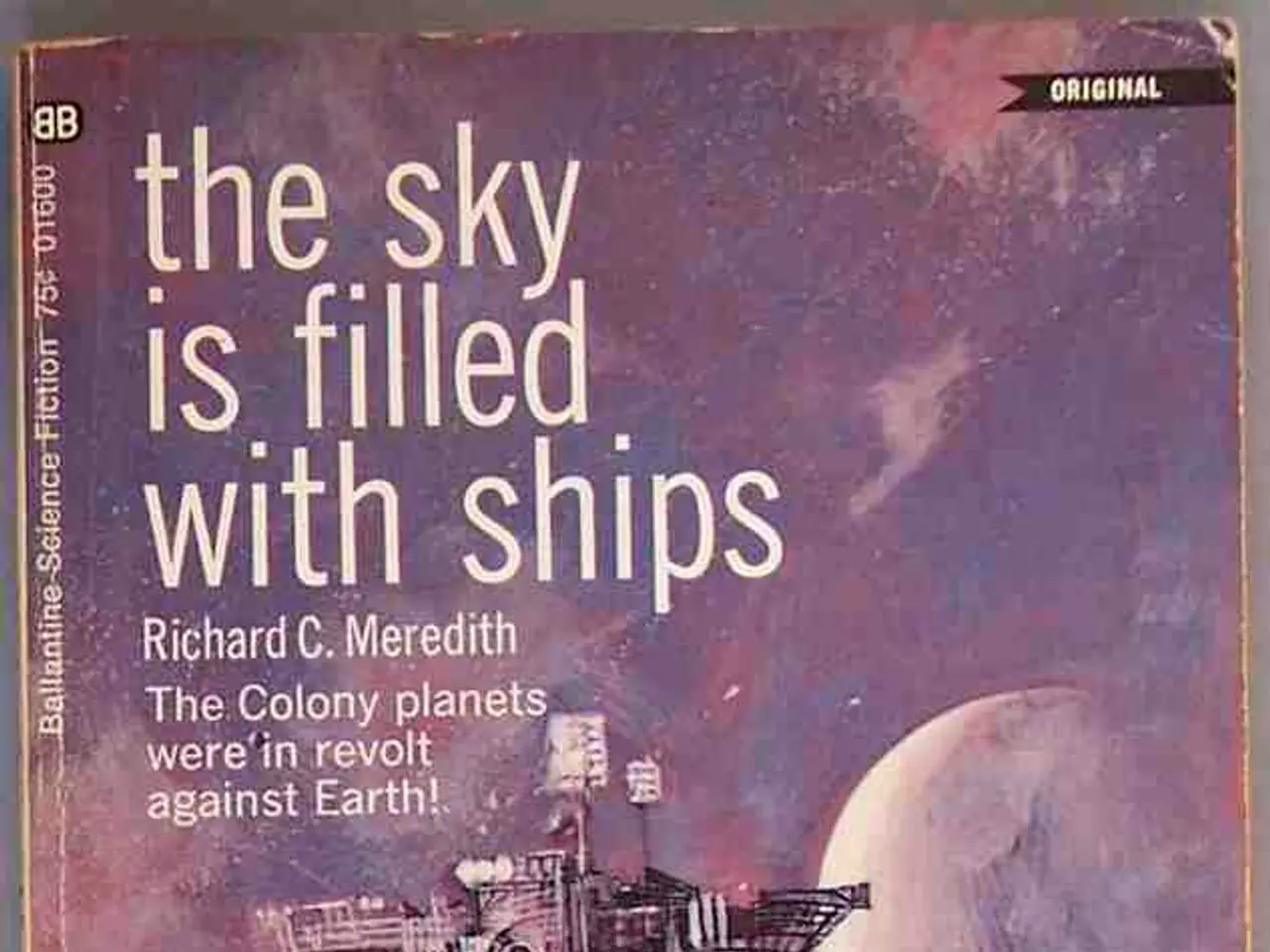Newton's Prophecy: Predicted Apocalypse in 2060 by Newton?
In the 17th century, one of the most brilliant minds in history, Sir Isaac Newton, delved into uncharted territories beyond the realm of physics and mathematics. His interest led him to explore the apocalyptic beliefs found in the Book of Daniel in the Bible, which would eventually shape his vision for the year 2060.
Contrary to popular belief, Newton did not predict a literal, physical destruction of the world in the year 2060. Instead, he envisioned it as a symbolic end of an old age and the beginning of a new spiritual era. This was more about spiritual renewal and transformation than material cataclysm.
Newton's prediction was based on his interpretation of the prophetic timeline in the Book of Daniel, specifically the "time, times, and half a time" references, which he interpreted as a period lasting 1,260 years. Starting from a historically significant year tied to church history and prophecy, he added 1,260 years and arrived at the year 2060 as a possible endpoint.
Newton regarded this date with caution, noting that it was not for humans to know exact times, quoting "Christ comes as a thief in the night," implying mystery around the timing of divine events. He saw 2060 as a symbolic earliest date rather than a fixed prophecy.
Newton was deeply skeptical of those who predicted the world's end. In a letter written in 1704, he wrote to "put a stop to the rash conjectures of fancifull men who are frequently predicting the time of the end." His calculations have been misconstrued as predicting the apocalypse would occur in 2060.
Newton's version of the apocalypse and interpretation of the Book of Revelation did not involve material destruction but rather spiritual renewal. He believed the same God who ordered the stars also shaped human history, and he applied the same rigorous logic to both biblical prophecy and celestial motion.
Newton's calculations were private musings made on a scrap of paper not meant for the public. His theological writings, which included criticisms of both Catholicism and institutional Protestantism, were potentially incendiary and could have cost him privileges, including his position as master of the mint.
These private writings were not widely known until they were auctioned off in 1936. Newton's religious writings outnumbered his scientific works, totaling over 5 million words. Despite his extensive theological work, he never published his apocalyptic beliefs during his lifetime.
Abraham Yahuda, a Jerusalem-born scholar, bought Newton's papers and donated them to the National Library of Israel. It was in this library where the now-famous 2060 letter was discovered in 1969.
Historian Stephen D. Snobelen explains that Newton was convinced that Christ would return around the year 2060 and establish a global Kingdom of peace. Newton believed he was restoring an ancient, integrated wisdom, lost since the early church, through the patient decoding of scripture and nature alike.
In conclusion, Isaac Newton's apocalyptic beliefs were based on his interpretation of the Book of Daniel's prophetic timeline, envisioning 2060 as a spiritual apocalypse, not physical destruction. It represented the end of a corrupt old order and the start of divine truth's restoration. Newton emphasized humility about knowing exact times and saw 2060 as a symbolic earliest date rather than a fixed prophecy.
- Newton's vision for the year 2060, contrary to popular belief, was not a physical destruction of the Earth, but a symbolic end of an old spiritual era, signaling the beginning of a new one.
- The physics and mathematics giant, Sir Isaac Newton, also delved into the realm of science, particularly environmental science, as he endeavored to understand climate change and its impact on the Earth's future.
- As part of his personal growth and self-development, Newton applied the same rigorous logic he used in physics to understanding the prophetic timeline in the Book of Daniel.
- In the realm of education and self-development, the study of astronomy allows us to appreciate the vastness of the universe and our place in it, fostering a sense of wonder and inspiring us to strive for knowledge.
- Newton's apocalyptic beliefs, while rooted in religious texts, share themes with modern philosophies emphasizing the importance of stewardship over the Earth and the environment, and the potential for humanity to transform through spiritual renewal.




